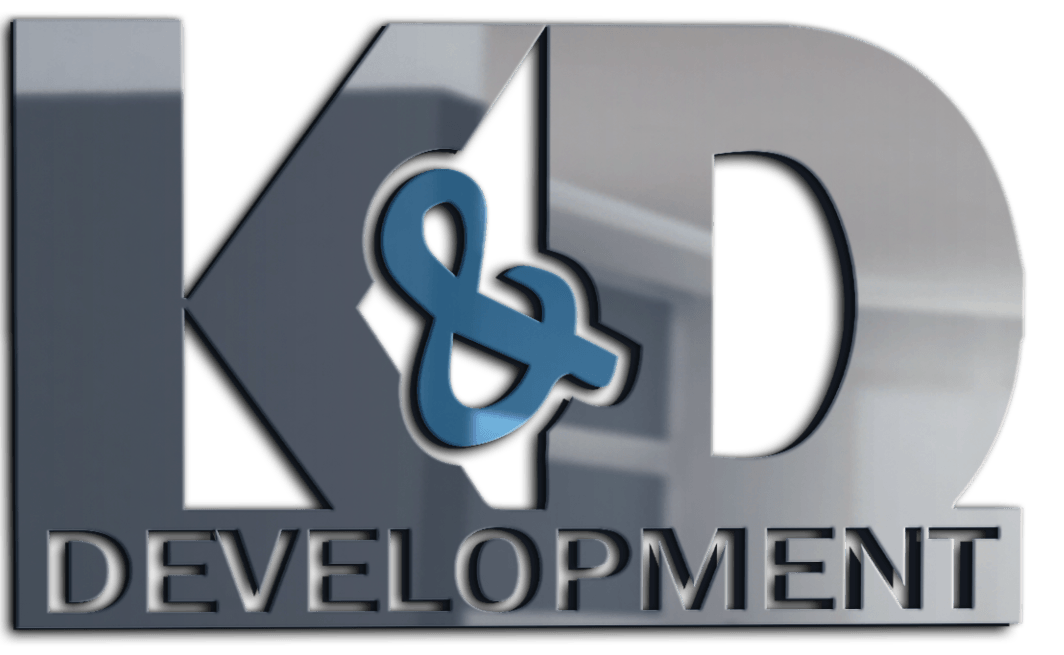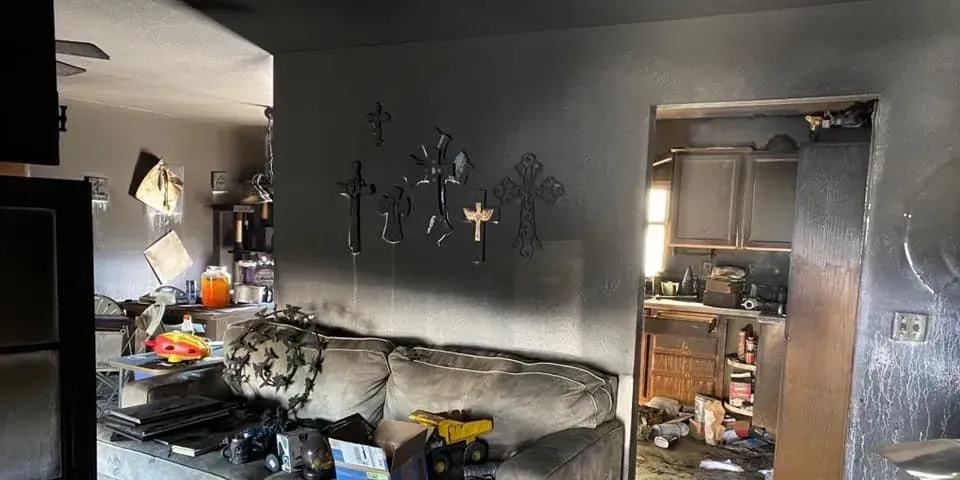
Understanding Structural Loss: The Most Severe Impact
Structural damage is considered the most devastating result of a fire because it compromises the core framework of the building. When flames penetrate walls, floors, and roofs, they weaken the very materials that support the home. In cities like Denver, where colder temperatures and snow add weight to rooftops, even partial structural damage can lead to collapse or the need for complete rebuilds.
Key signs of structural fire damage include:
- Warped or cracked support beams
- Sagging ceilings or floors
- Split joists or burnt trusses
- Charring that penetrates deep into load-bearing materials
Why it's so serious:
Once the structural integrity is compromised, the entire property becomes a safety hazard. In many cases, the only solution is demolition and full reconstruction—driving up
fire restoration costs dramatically.
Secondary Impacts: Smoke, Soot, and Air Quality
While structural damage is the most visible and costly, smoke damage often causes more lingering issues. Microscopic soot particles travel through HVAC systems, embedding themselves in furniture, clothing, and walls—even in rooms untouched by flames.
Common issues caused by smoke and soot:
- Persistent odors and poor indoor air quality
- Respiratory health risks, especially for children and elderly residents
- Corrosive damage to electronics and appliances
- Permanent staining on walls, ceilings, and floors
In Denver’s dry climate, smoke can seep into porous materials quickly, making cleanup more difficult and requiring professional fire damage restoration services to fully remediate.
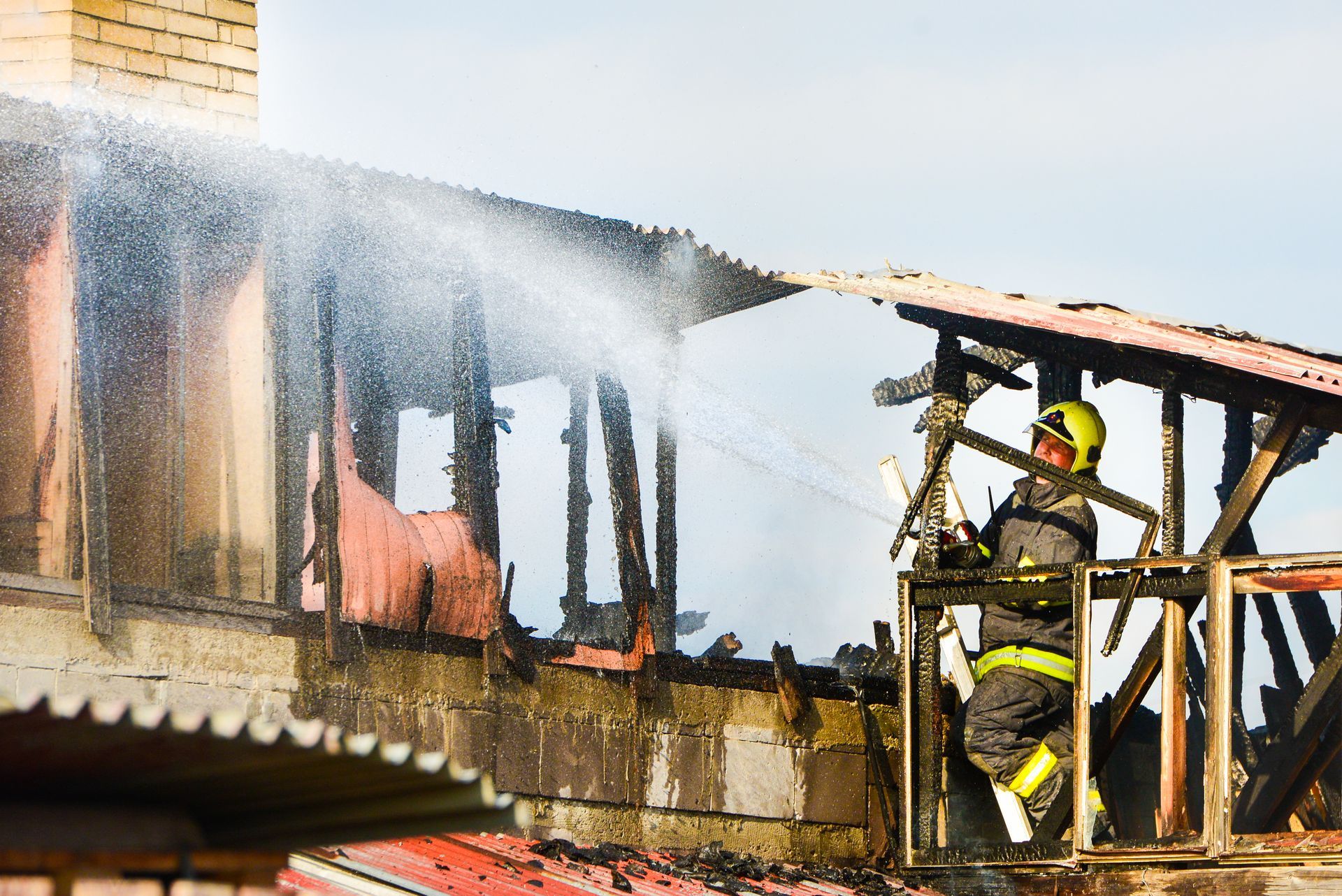
Health Risks: The Invisible Danger
Fire damage also poses serious health hazards, often underestimated during the initial cleanup phase. Inhaling airborne toxins from burned plastic, treated wood, and insulation materials can lead to long-term respiratory problems.
Health hazards linked to fire damage include:
- Asthma and chronic coughing
- Eye and skin irritation
- Exposure to carcinogens (like benzene and formaldehyde)
- Mold growth from water used in firefighting
Especially in older Denver homes, which may contain lead paint or asbestos, fires can trigger the release of toxic substances into the air.
The most serious impact of fire damage in Denver, Colorado is the complete or partial loss of structural integrity, which can render homes and commercial buildings unsafe, uninhabitable, or beyond repair.
Fire damage in Denver goes far beyond scorched walls and burnt belongings—it often leads to extensive structural damage, widespread smoke and soot contamination, long-term health risks, and significant financial losses. While visible fire damage is easy to spot, the hidden consequences—such as weakened support beams, hazardous air quality, and moisture from firefighting efforts—can create long-term complications for both homeowners and business owners.
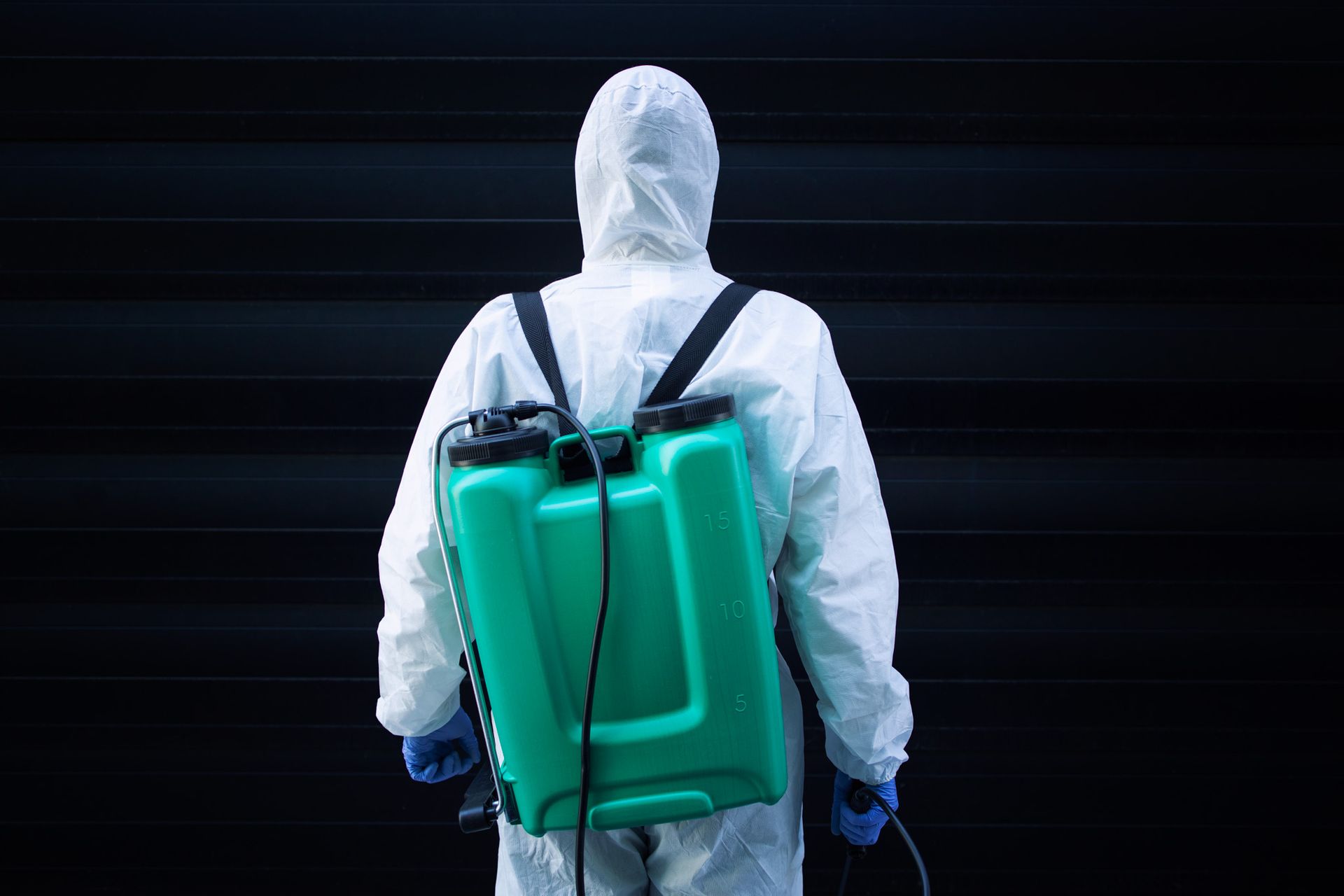
Understanding Structural Loss: The Most Severe Impact
Structural damage is considered the most devastating result of a fire because it compromises the core framework of the building. When flames penetrate walls, floors, and roofs, they weaken the very materials that support the home. In cities like Denver, where colder temperatures and snow add weight to rooftops, even partial structural damage can lead to collapse or the need for complete rebuilds.
Key signs of structural fire damage include:
- Warped or cracked support beams
- Sagging ceilings or floors
- Split joists or burnt trusses
- Charring that penetrates deep into load-bearing materials
Why it's so serious:
Once the structural integrity is compromised, the entire property becomes a safety hazard. In many cases, the only solution is demolition and full reconstruction—driving up
fire restoration costs dramatically.
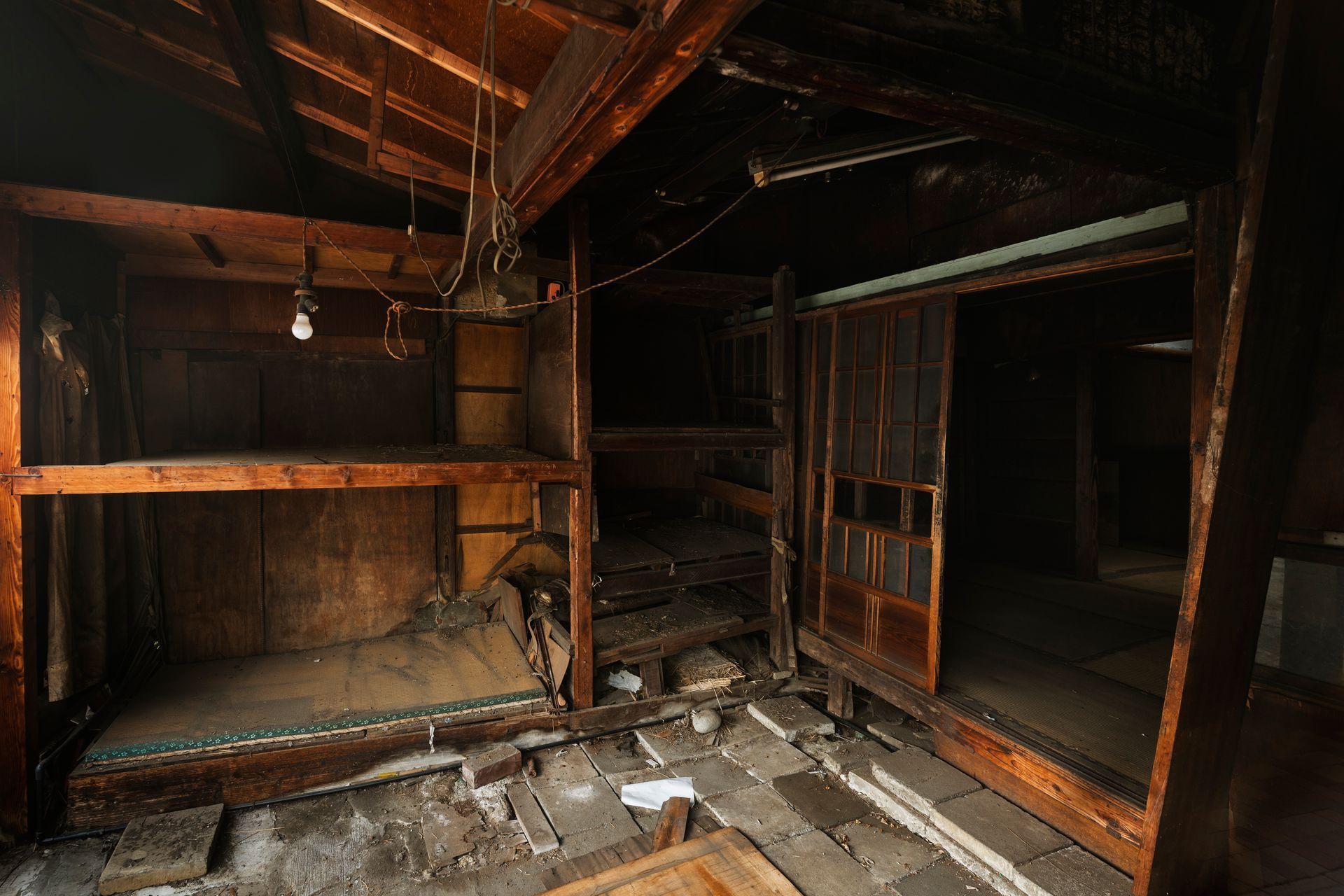
Secondary Impacts: Smoke, Soot, and Air Quality
While structural damage is the most visible and costly, smoke damage often causes more lingering issues. Microscopic soot particles travel through HVAC systems, embedding themselves in furniture, clothing, and walls—even in rooms untouched by flames.
Common issues caused by smoke and soot:
- Persistent odors and poor indoor air quality
- Respiratory health risks, especially for children and elderly residents
- Corrosive damage to electronics and appliances
- Permanent staining on walls, ceilings, and floors
In Denver’s dry climate, smoke can seep into porous materials quickly, making cleanup more difficult and requiring professional fire damage restoration services to fully remediate.
Health Risks: The Invisible Danger
Fire damage also poses serious health hazards, often underestimated during the initial cleanup phase. Inhaling airborne toxins from burned plastic, treated wood, and insulation materials can lead to long-term respiratory problems.
Health hazards linked to fire damage include:
- Asthma and chronic coughing
- Eye and skin irritation
- Exposure to carcinogens (like benzene and formaldehyde)
- Mold growth from water used in firefighting
Especially in older Denver homes, which may contain lead paint or asbestos, fires can trigger the release of toxic substances into the air.
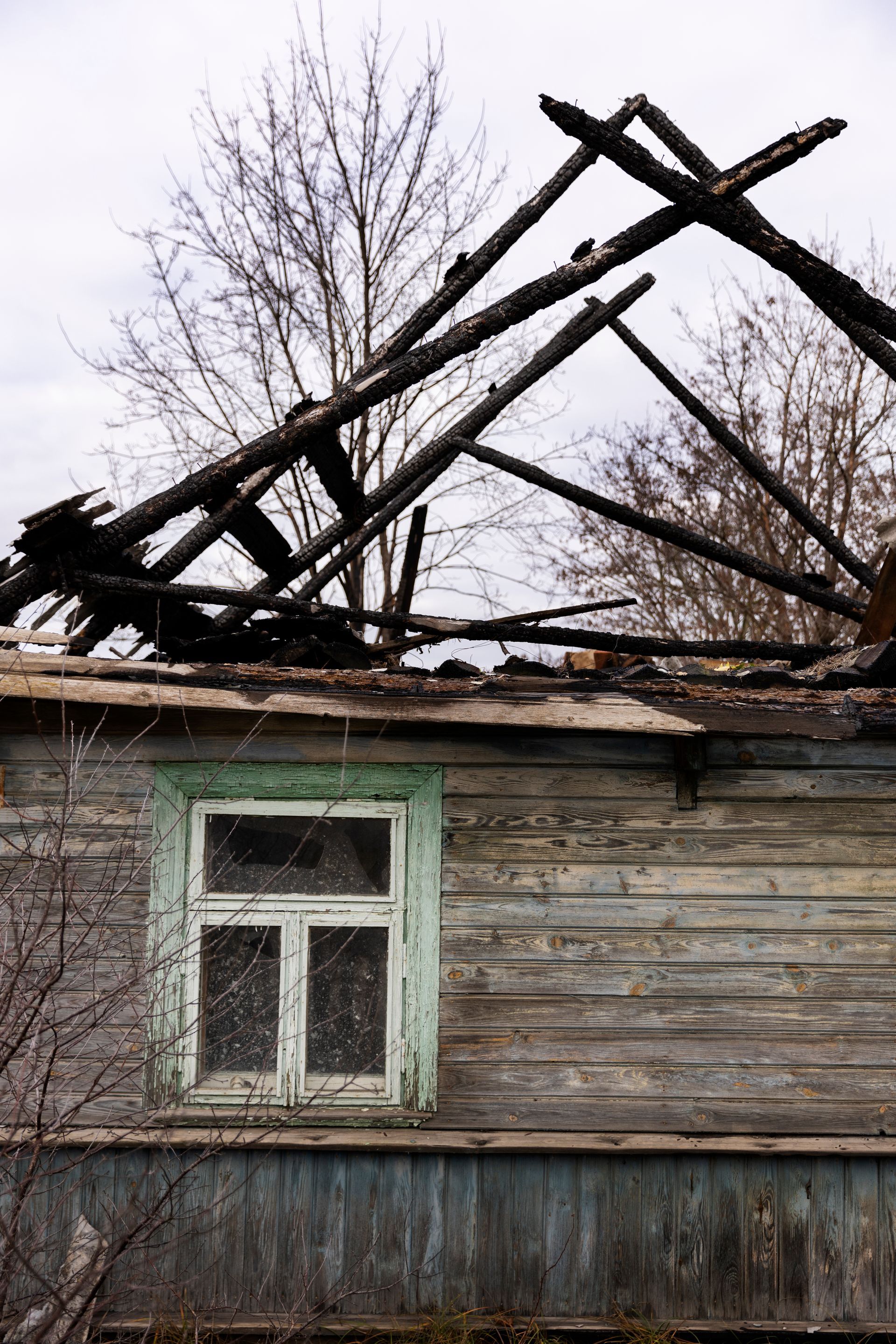
Financial & Emotional Toll on Denver Property Owners
Beyond the physical destruction, the emotional and financial impact of a fire can be overwhelming. Many Denver residents find themselves displaced, waiting on insurance approvals, and navigating rebuilding permits with the city.
Financial challenges after a fire:
- High costs of temporary housing
- Insurance claim delays or denials
- Out-of-pocket expenses for upgrades or code compliance
- Business interruption losses for commercial properties
Having a licensed fire damage contractor in Denver assess and document everything properly is essential for maximizing insurance claims and avoiding delays.
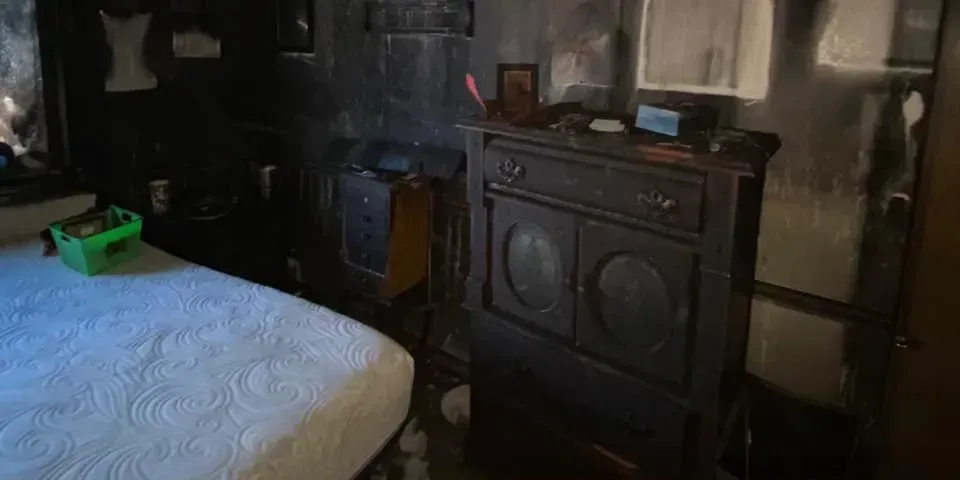
Why Fast Professional Cleanup Matters
Time is critical after a fire. The longer soot, smoke, and moisture sit, the more extensive the damage becomes. That’s why 24/7 emergency fire restoration services in Denver are vital for recovery.
A fast response can help:
- Prevent additional structural weakening
- Eliminate toxins and odors before they spread
- Stop mold before it takes hold
- Begin rebuilding with permits aligned to Denver codes
So,
what is the most serious impact of fire damage in Denver, Colorado?
It’s the
loss of structural integrity, which not only compromises the safety and livability of a property but also leads to long, expensive recovery efforts. Coupled with smoke damage, health hazards, and financial burdens, fire damage can alter lives overnight.
Need help recovering after a fire in Denver?
Contact our local, certified fire restoration team for a full assessment and cleanup plan. We’re here to restore your property—and your peace of mind
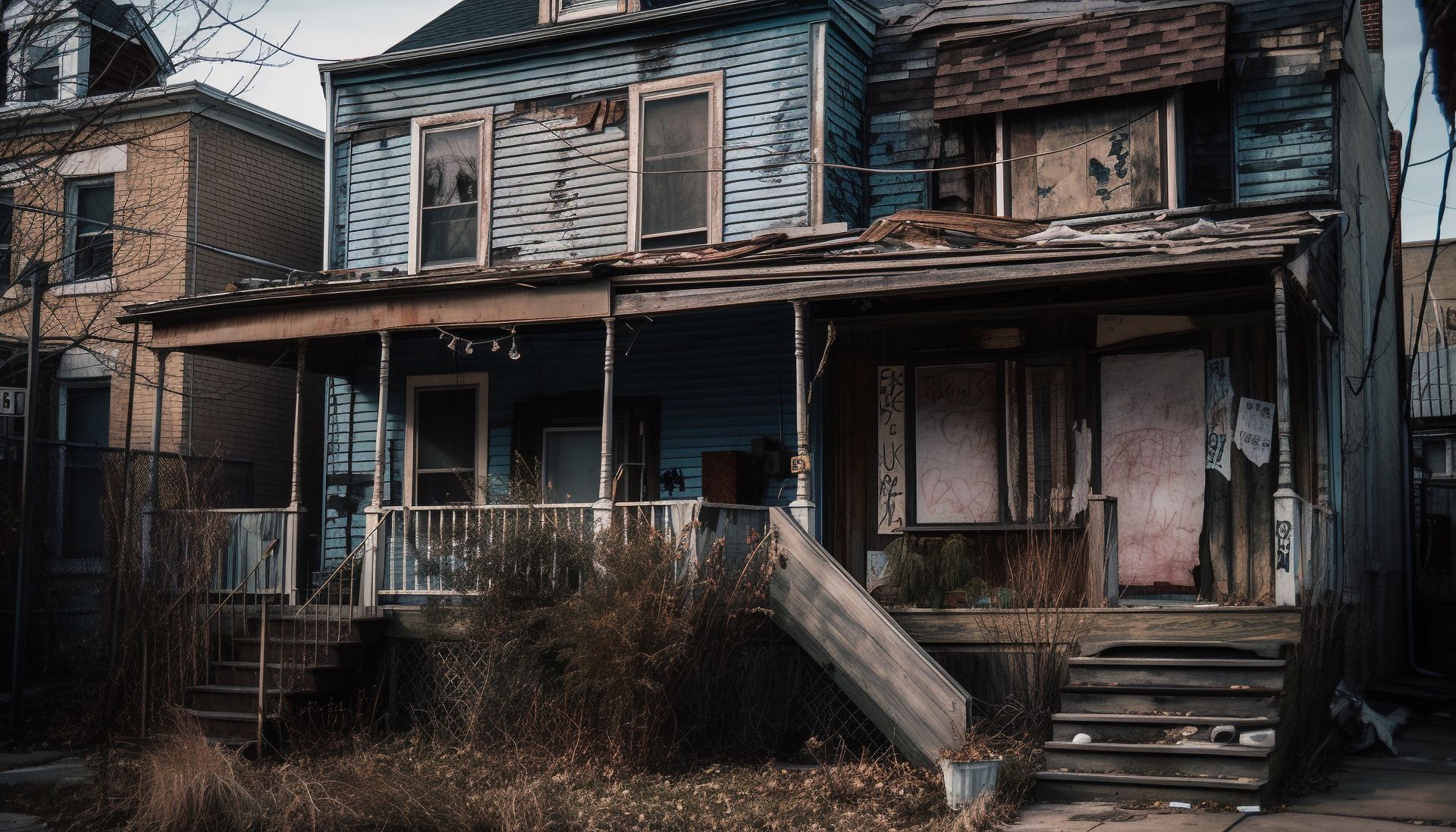
Learn more click on the link below:

We are dedicated to providing commercial and residential contractor services in the Denver Metro Area.
Contact us
K&D Development
PHONE:
Kurtis- 303-359-0214
Business Address:
2951 W 91st Pl, Denver, CO 80260, United States
